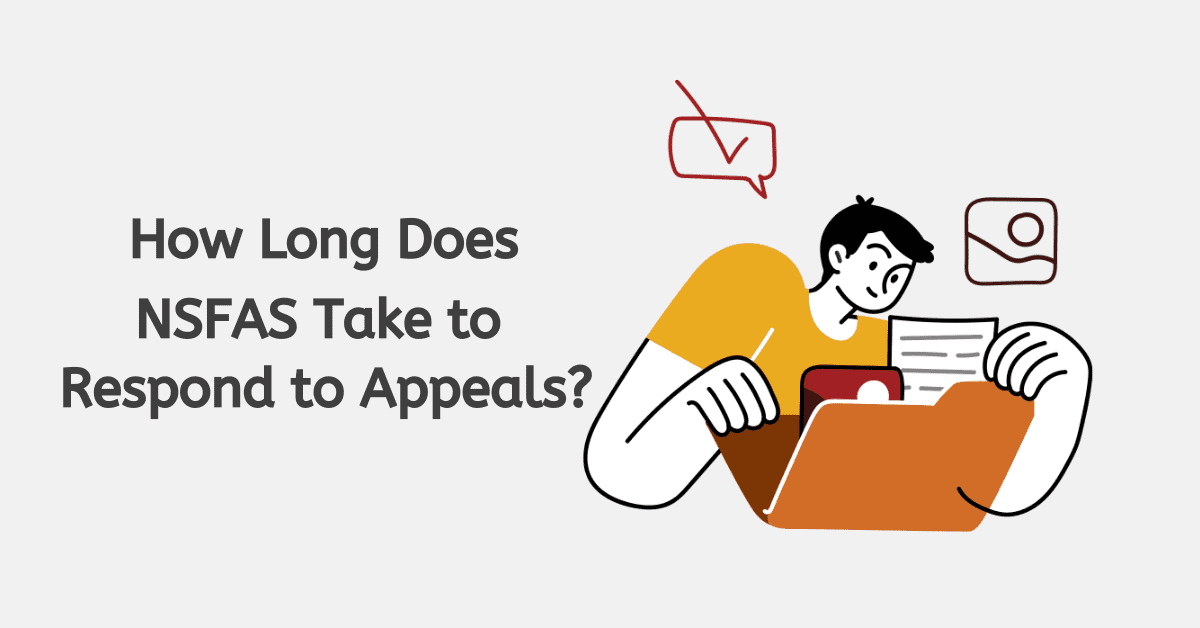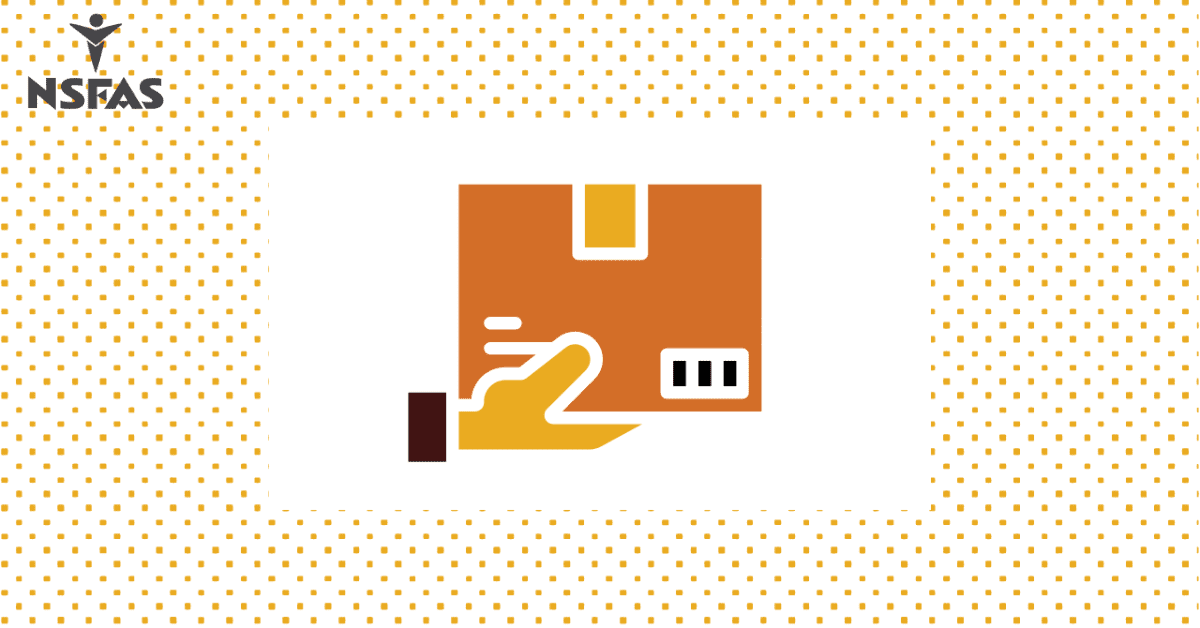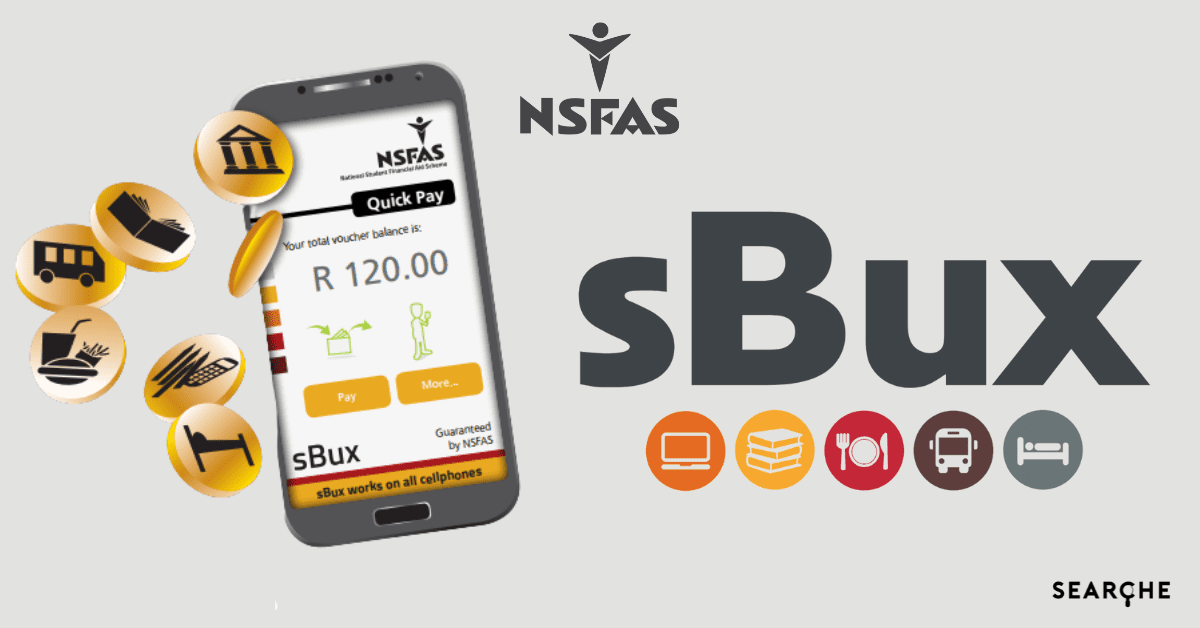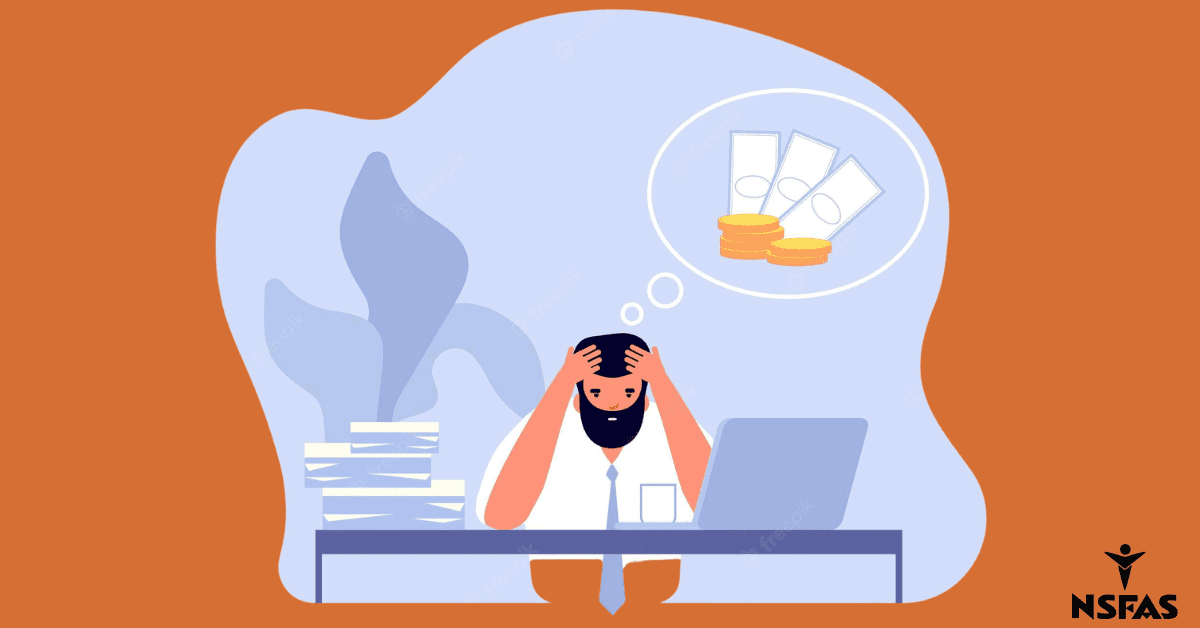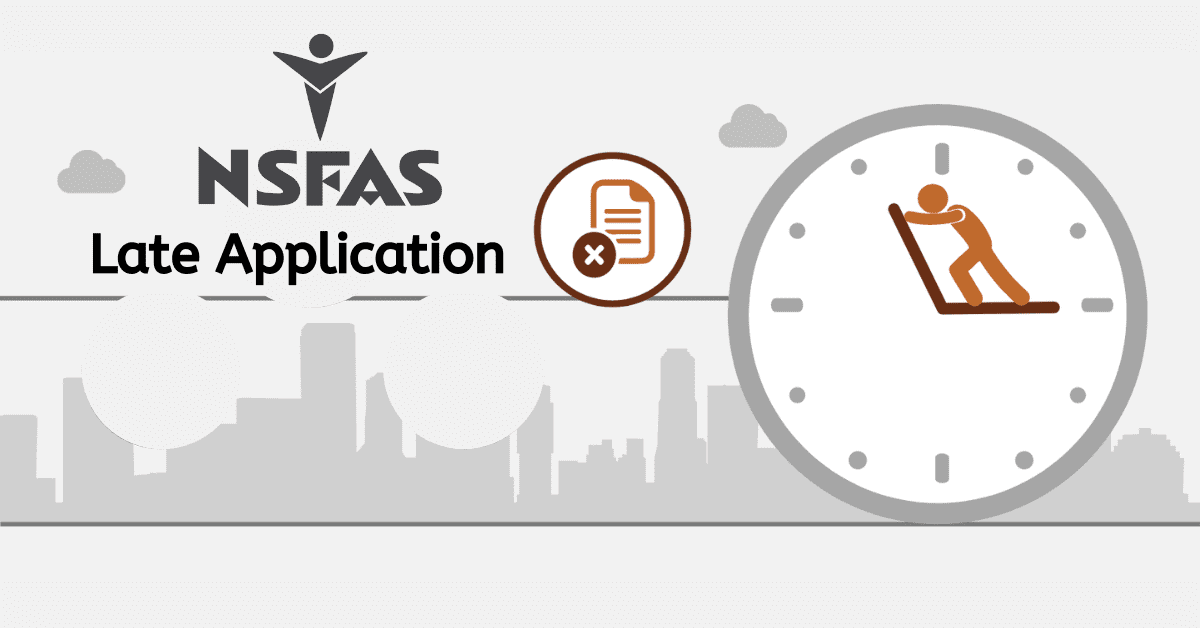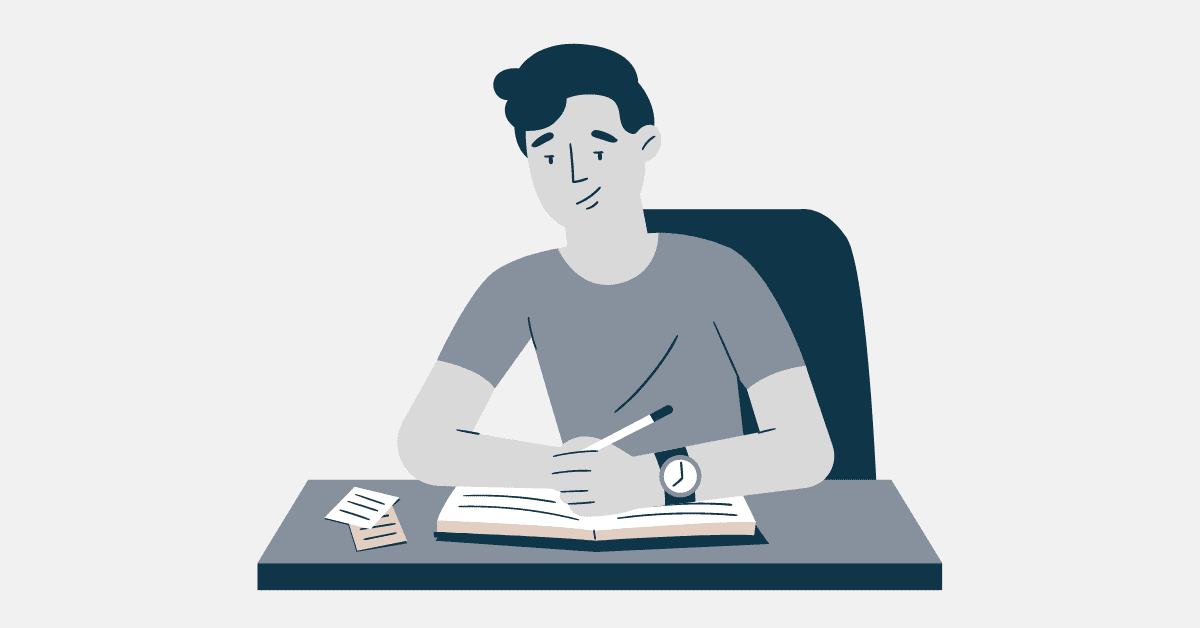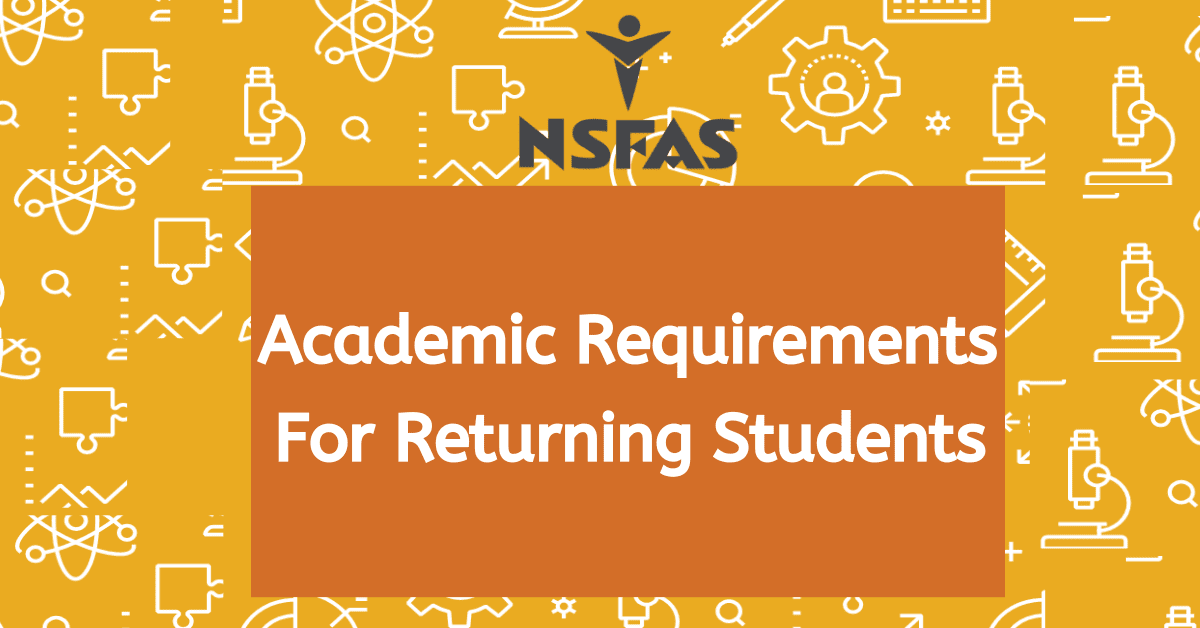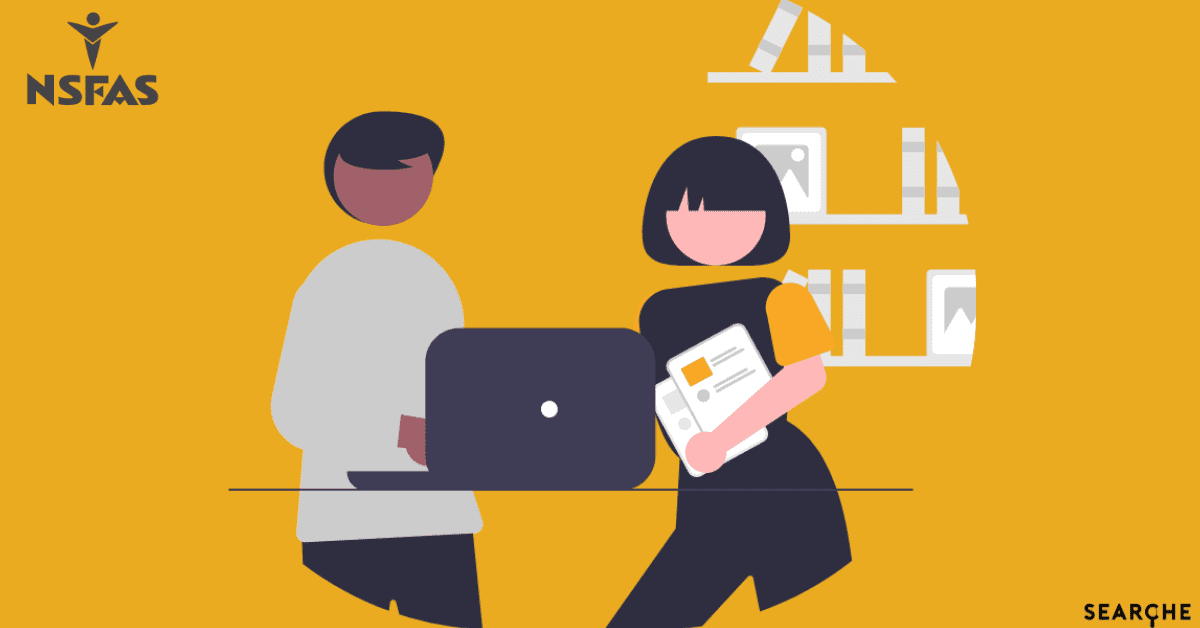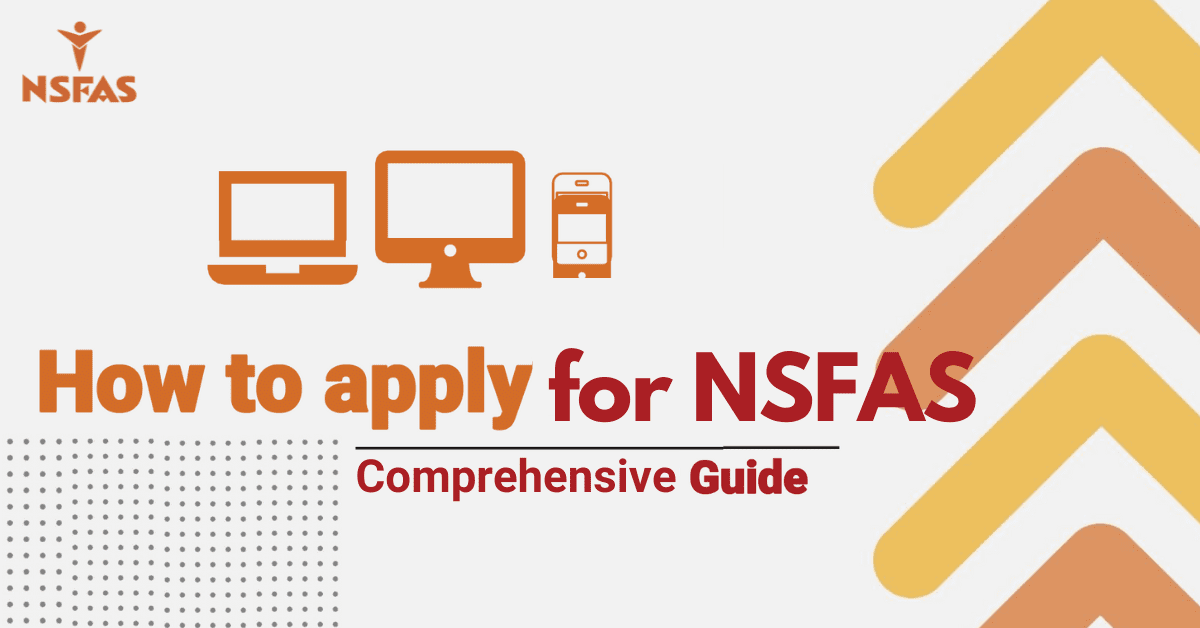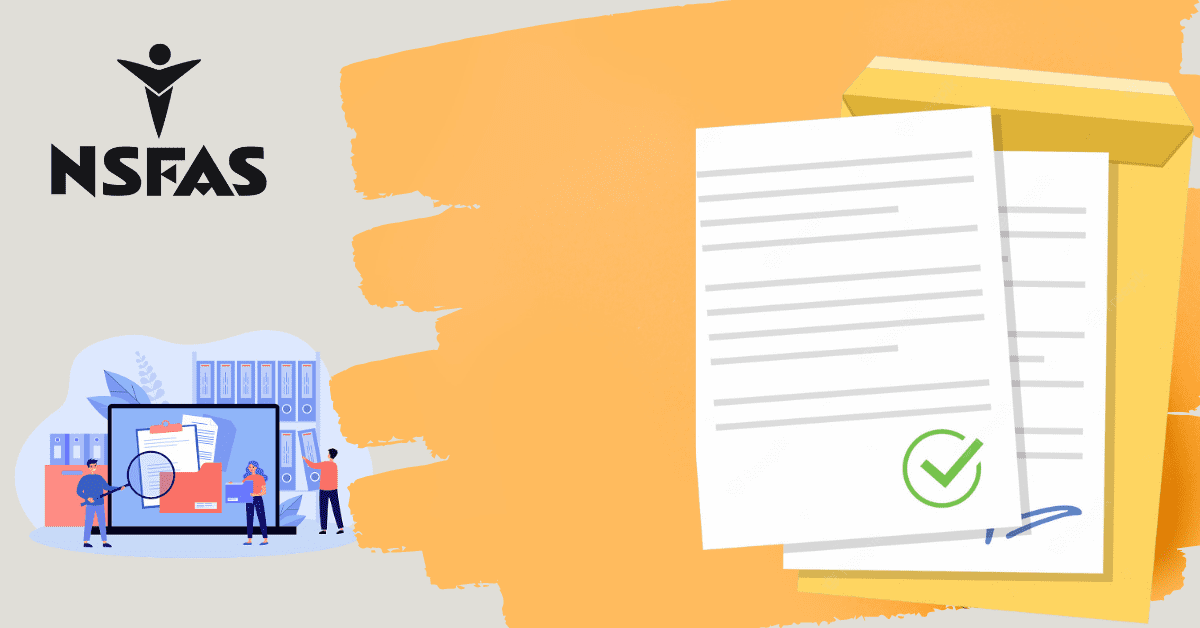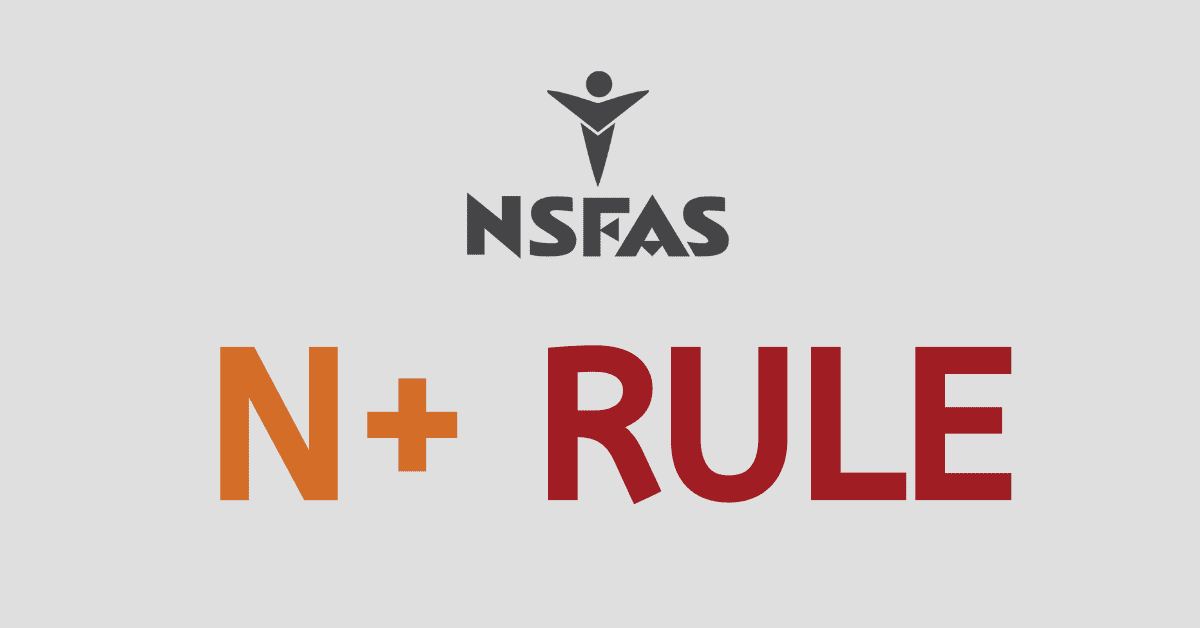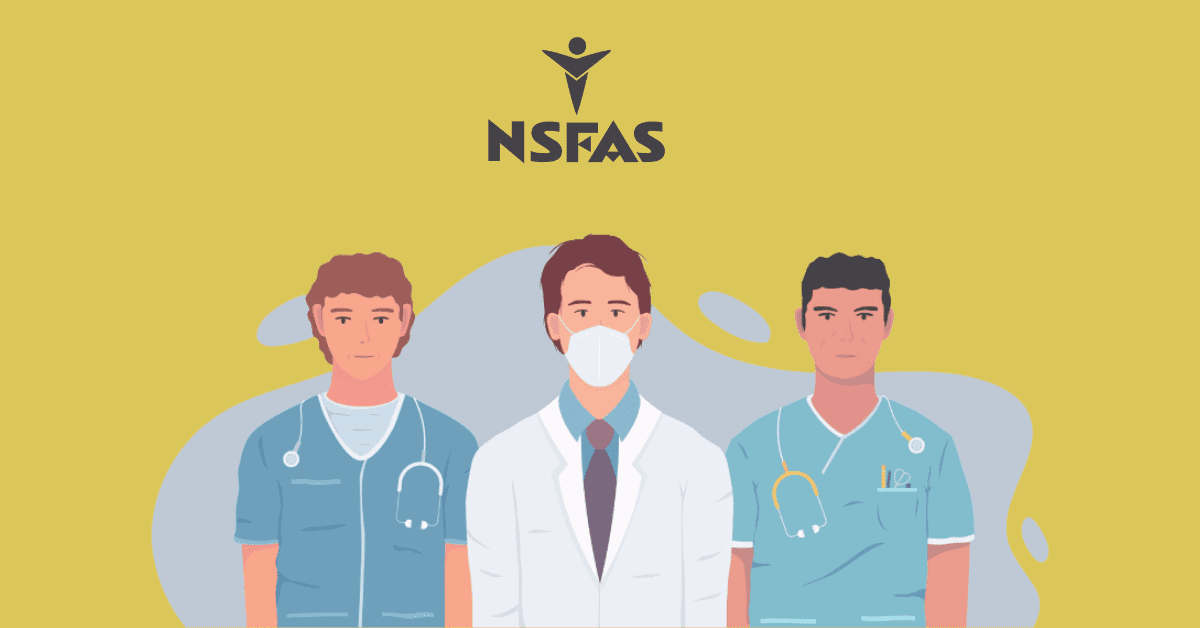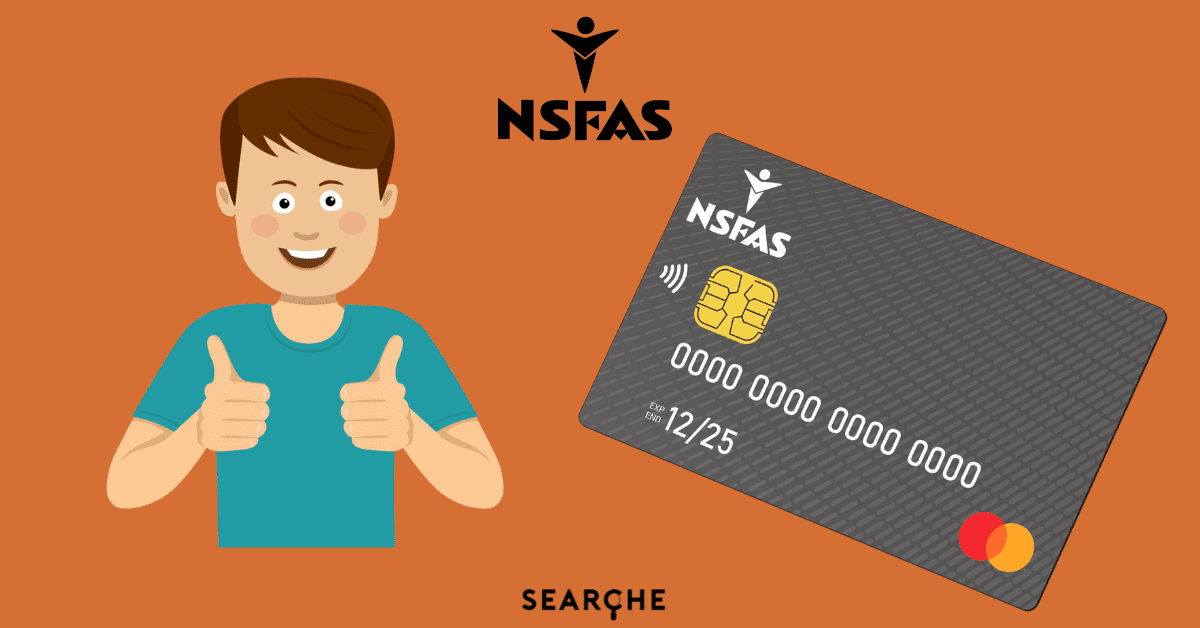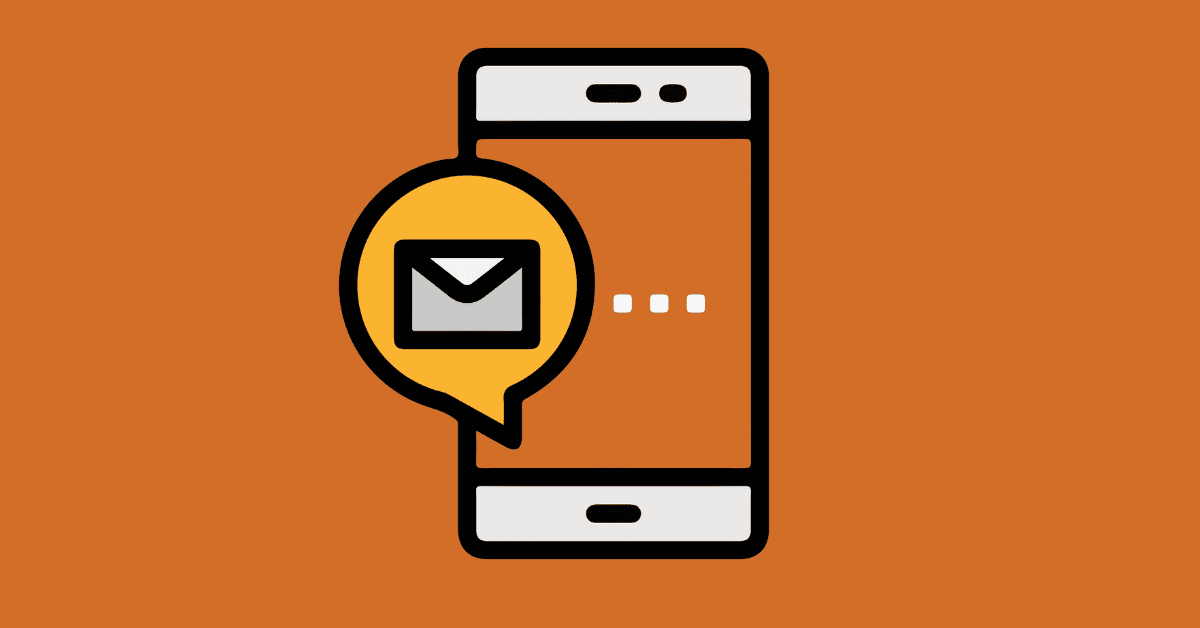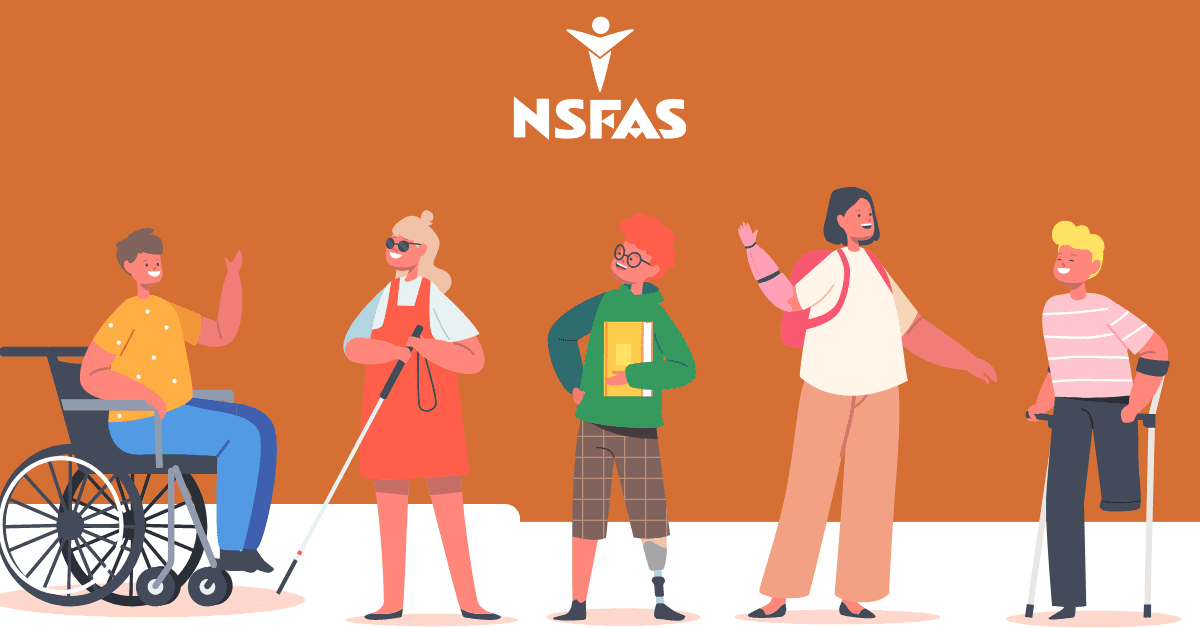Many students are understandably concerned about whether they must pay NSFAS back, how to do so, and under what circumstances. This article will answer all your questions. We will also take a look at what to do if NSFAS doesn’t pay you on time.
What Happens if You Don’t Pay NSFAS?
If you are eligible to pay back NSFAS, it is important to realise that this is a loan like any other. They do offer very moderate terms- you have to be employed and earning over R30,000 a year/R2,500 a month before you need to repay. They will also pause the repayments if you can prove you have become unemployed. Additionally, there is no set end date- you will simply pay while employed until the balance is paid down.
If your account falls into arrears and you don’t communicate with them why you have stopped paying, they have the right to charge interest at 80% of the current repo rate. If you fail to pay at all, they can take all steps to recover the debt, just like any other debt you owe. This can be serious- it may reach the courts and could lead to credit blacklisting in the future. So always be open and honest with them about your status and issues.
Do You Pay NSFAS Back After Studying?
This depends on when you first registered with NSFAS. If you first registered before 2019, then yes, you will have to pay NSFAS back after studying. The payments will only begin once you are employed and earning over R2,500 per month, or R30,000 annually, however.
The repayments will be 3% of your salary. Once you earn more than R59,300, the repayments will be about 8% of the salary. The percentage due increases by about 1% per R6,600 over R30,000 you earn. This means it could be as little as R900 a year or R75 a month, so as not to be a burden on you. The maximum will be just under R400.
If you first registered in 2019 or after that date, however, the NSFAS now applies as a bursary in total and will not need to be paid back, provided you meet all their criteria.
Who Has to Pay Back NSFAS?
Anyone who accepted NSFAS funding before 2019 will have to pay back NSFAS. If you successfully finish your studies, 40% of the loan amount is converted to a bursary, so you will only have to pay back 60% of the total amount.
There are also some conditions where you can have your final year converted to a 100% bursary, depending on the program and whether you applied for th is.
What to do if NSFAS Has Not Paid?
What happens if NSFAS is late in paying you? You should receive your first payment in February/March.
Start by accessing your myNSFAS account and checking your current status. This may explain why you have not been paid. For example, if you have failed to pass a minimum of 50% of your modules or if you have taken too long to complete your degree, they may have withdrawn funding.
If you are still being funded, then double-check that they have all information and documents from you. Also, make sure that your NSDAS wallet is active on the platform. If you believe it is an admin fault on their side, reach out to them immediately to try and remedy it. Remember that if you move courses or institutions, you should update them immediately to keep the process smooth.
If your institution is demanding payment, you may have to temporarily cover those fees and submit a reimbursement claim to NSFAS. However, do not pay the registration fee if you are registered in 2026. NSFAS have reiterated that they will not reimburse students who do this. Only they can pay this fee directly. However, this can be tricky- if registration is closing and you can’t wait until the next year, you may need to take steps to cover this cost regardless.
What Happens When You Owe NSFAS?
If you are eligible to pay back NSFAS, you must start making repayments when you become employed. You will send them your proof of income, and they will set your repayment amount based on that. They can pause it during periods of unemployment, but you need to be open with them about this fact. There is no time limit on the repayments, provided you make them regularly while employed.
If you have an account in arrears, they can and will charge interest, and failing to pay it at all will lead to debt collection procedures.
Is NSFAS a Bursary or a Loan?
There is a lot of confusion about whether the NSFAS money is a loan or a bursary. This is because it has changed its operational model in recent years.
For students who took NSFAS funding in 2018 or earlier, it is a loan. If they successfully completed the course, 40% of the total amount is transferred to a bursary, and the remaining 60% must be paid back.
If you first accepted NSFAS in 2019 or after that date, it is a full bursary, and there is no loan amount to repay.
Hopefully you now feel a lot more comfortable about payments and the NSFAS. Remember, we have other helpful articles to help you make the most of your educational experience.
